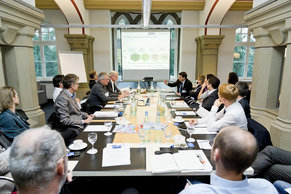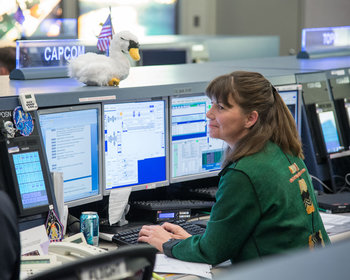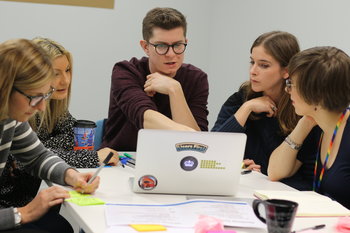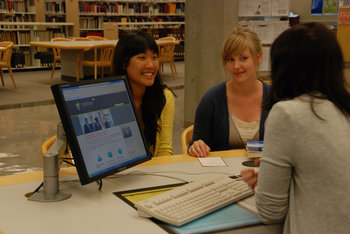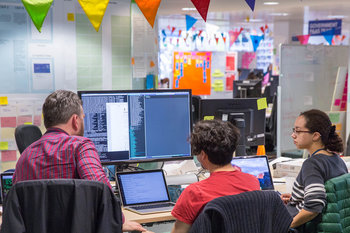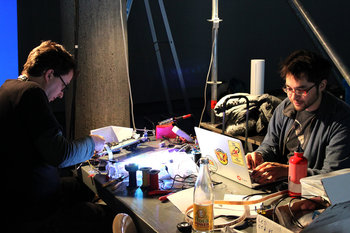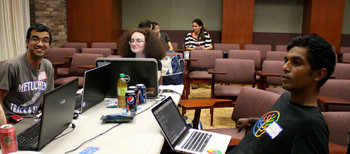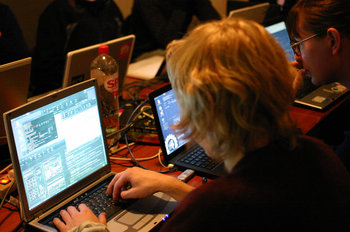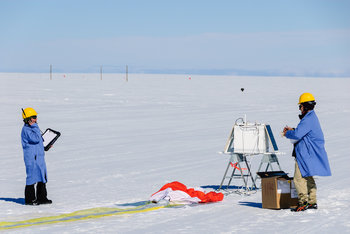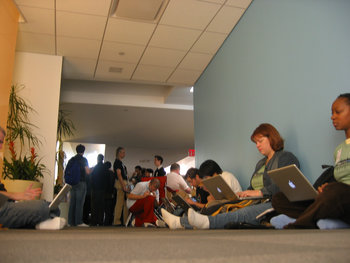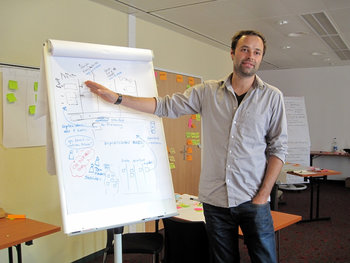Computing Concepts
Knowledge of basic computing concepts such as client-server.Computing Hardware
Familiarity with computing hardware and the ability to complete hardware related tasks such as using a mouse or setting up a network.Mobile Devices
The ability to use mobile devices such as smartphones productively.Operating Systems
Familiarity with common operating systems such as iOS, android, linux and windows.Internet
Using the internet for tasks such as research, entertainment and interacting with digital communities.Applications
The ability to use software applications such as a word processing tool. Applications often have similar user interfaces such that an individual who has experienced using many different types of software easily learns new applications.Mobile Apps
Experience using mobile apps. Again, these are often quite similar such that experience in one often translates to a general productivity increase in all apps.Cloud Platforms
Experience using cloud platforms such as a cloud-based office productivity tool. Cloud-based tools tend to have a slightly different user interface from applications that are installed on your computer.Digital Services
The ability to use digital services such as a banking website or app. In some cases, physical and phone-based customer services are replaced with digital tools such that those that have difficultly using these tools are left behind.Digital Products
The ability to use, configure and manage digital products such as a television that requests a connection to the internet. A large number of products now have embedded systems that are often networked to the internet such that basic computing skills are increasingly relevant to consumer culture.Games
Playing video games can have value as a shared experience or to improve abilities such as response time.Digital Media
Access to digital information sources and the ability to create and publish media. For example, the ability to create a blog about a hobby.Social Media
The ability to interact with people and express yourself using social media.Privacy
Awareness of the privacy implications of using technology.Defensive Computing
Awareness of digital threats and the ability to mitigate and avoid these risks. For example, awareness that you shouldn't provide personal information to a website or app unless you have a good reason to trust it.Configuration
Awareness of configuration options and the ability to configure the digital technologies that you use. For example, turning off options on a smart television that may harm your privacy.Coding
The ability to code simple scripts to automate work and calculate things. Advanced computing skills such as software development aren't usually considered computer literacy but rather professional skills.| Overview: Computer Literacy | ||
Type | ||
Definition | Talents, experiences, knowledge and skills that allow an individual to use digital technologies productively. | |
Benefits | The ability to participate in social, economic and education opportunities. | |
Related Concepts | ||


